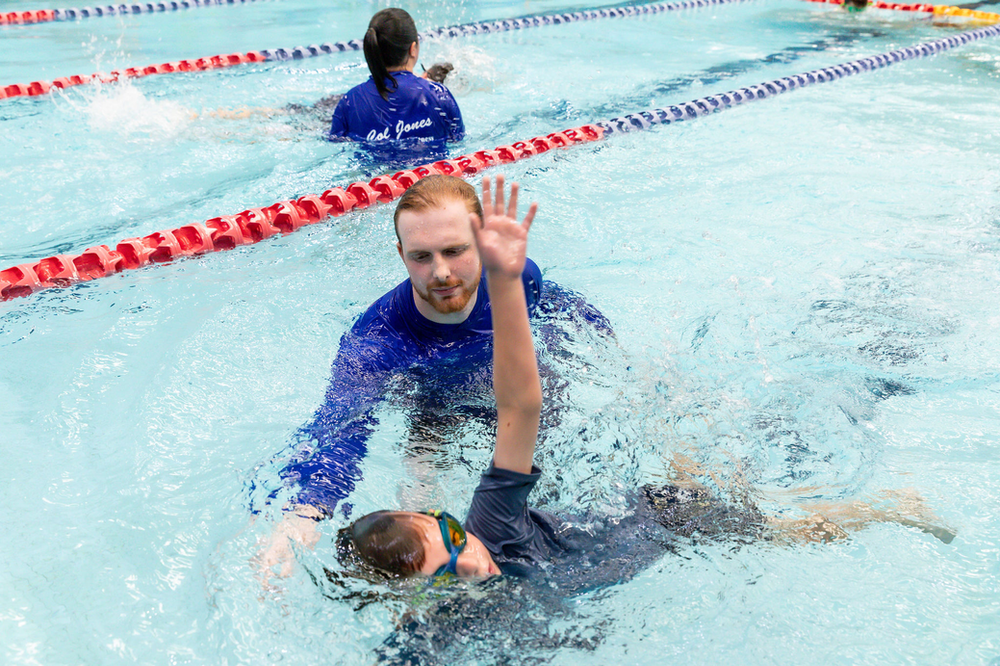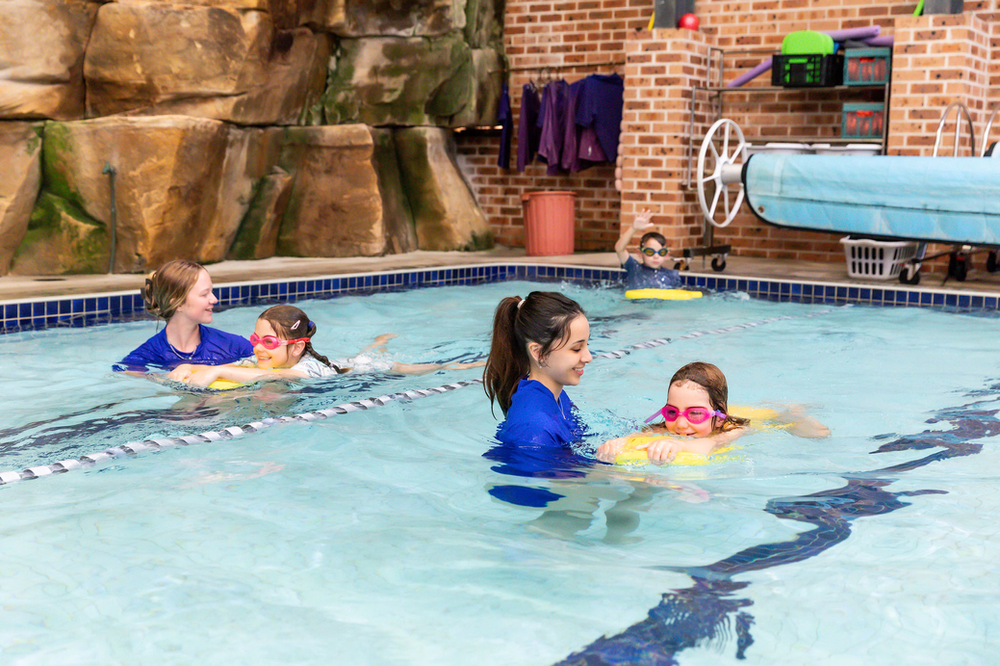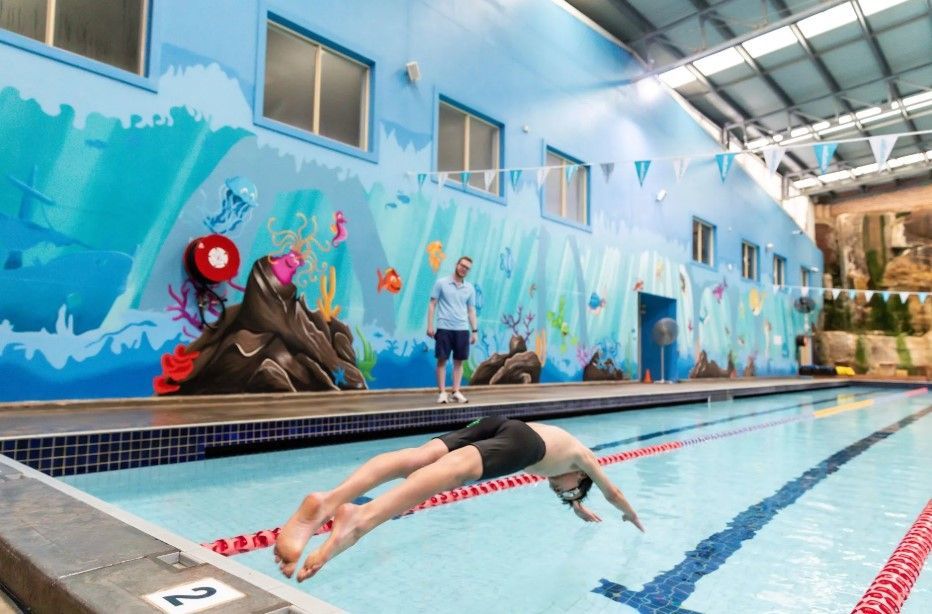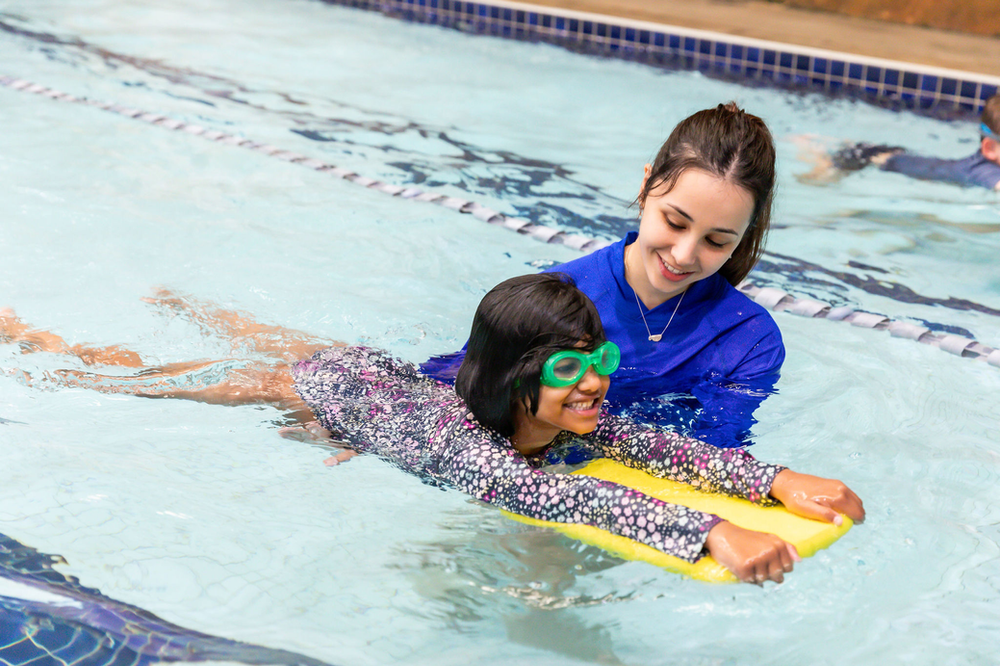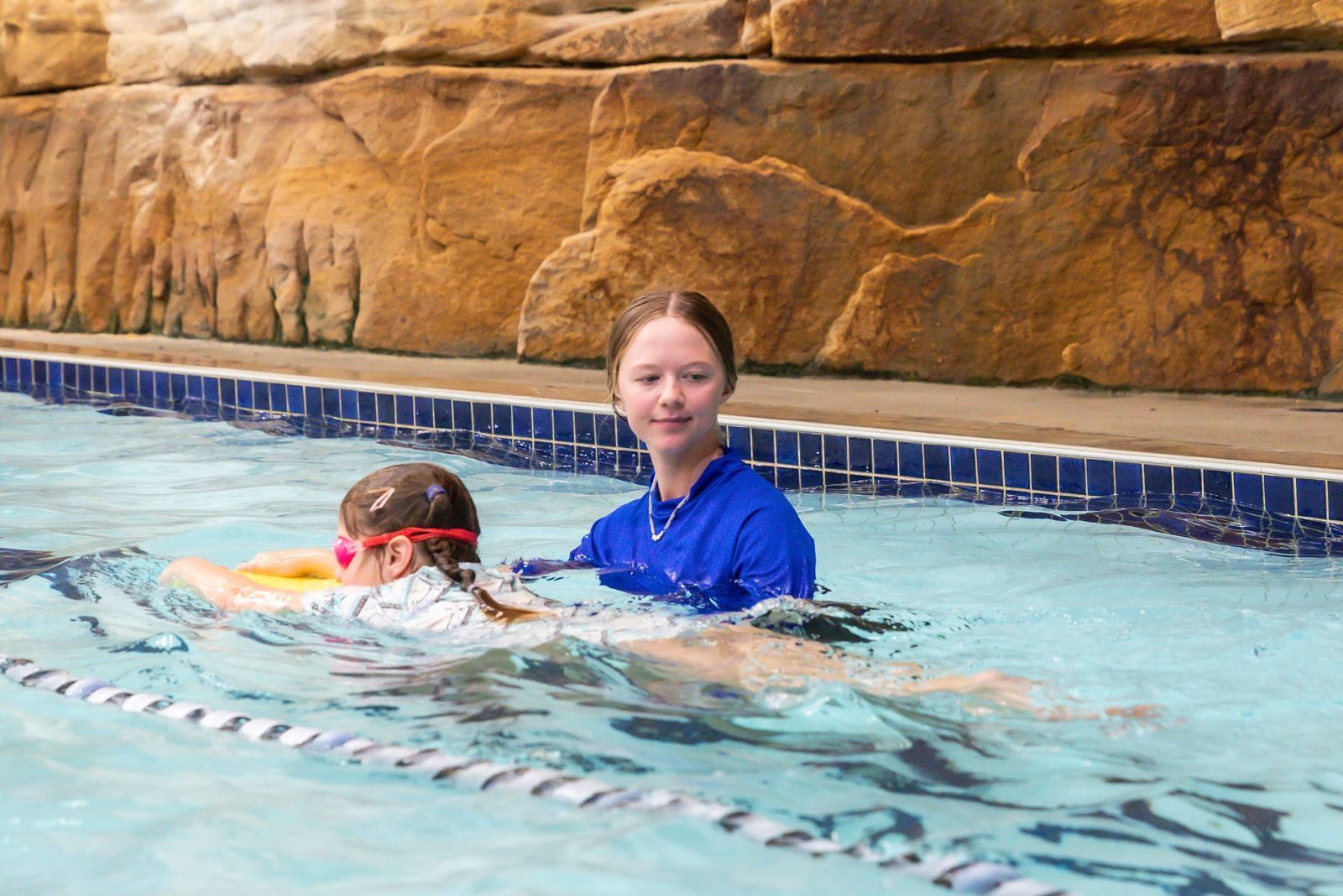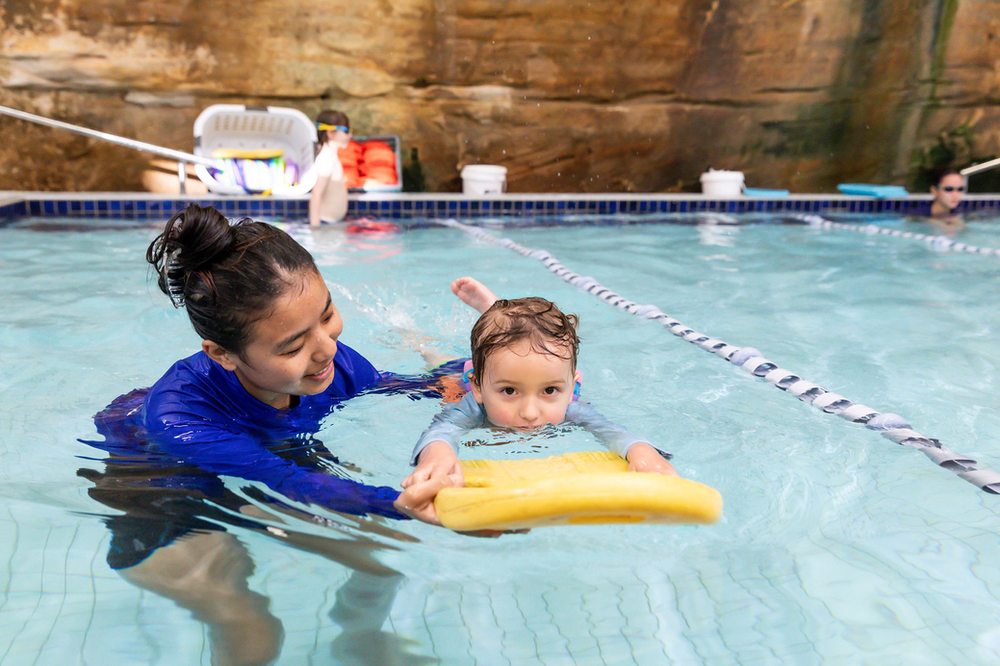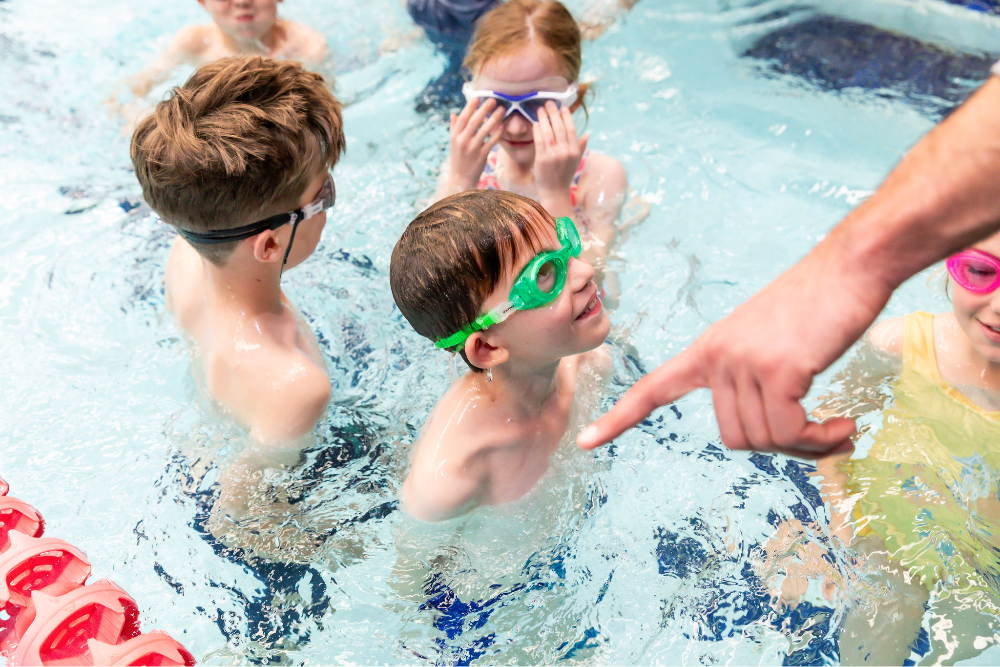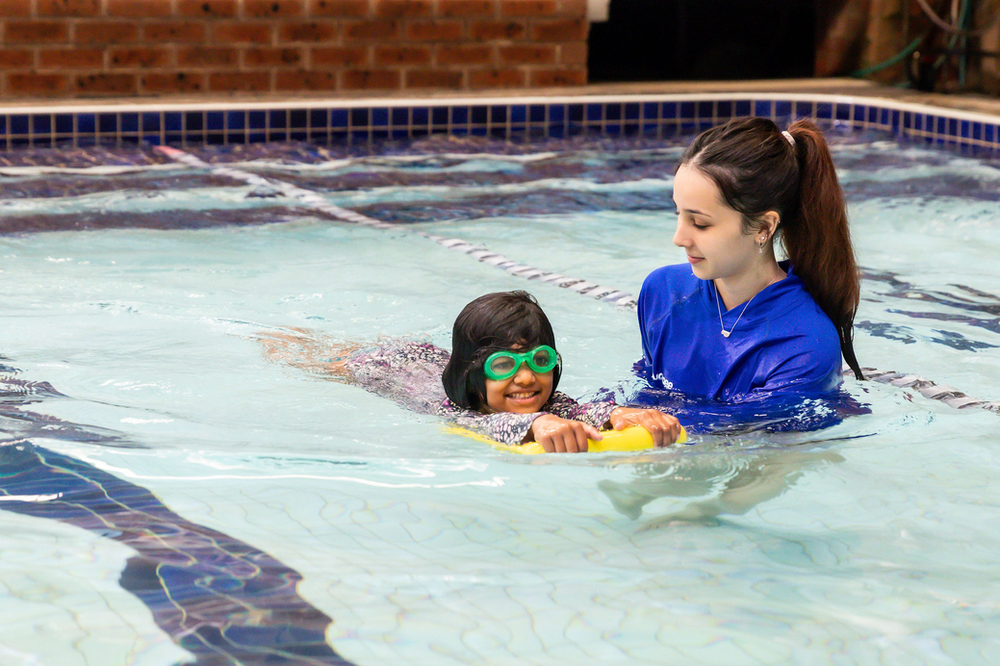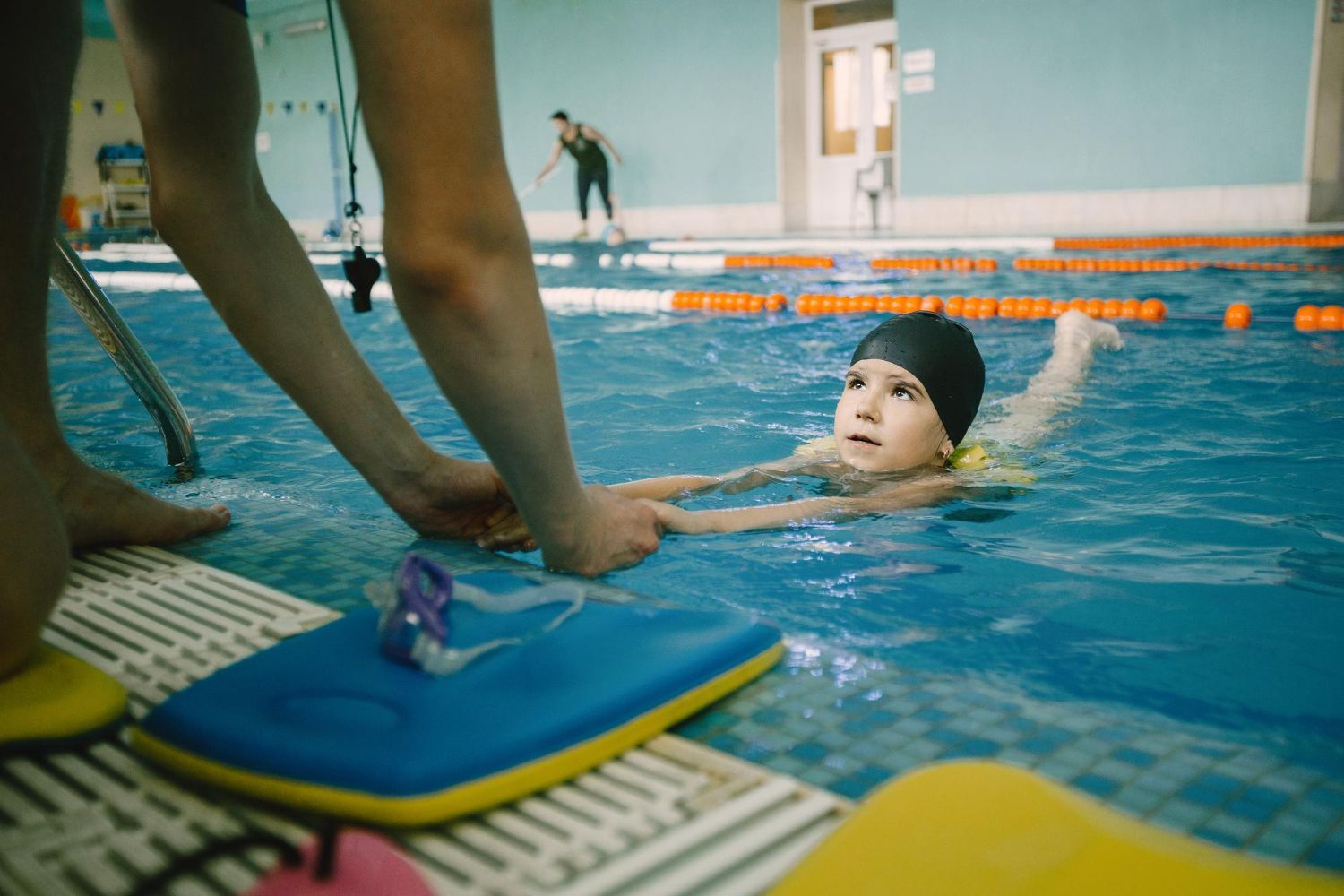Questions to Ask Before Enrolling in Any Swim School
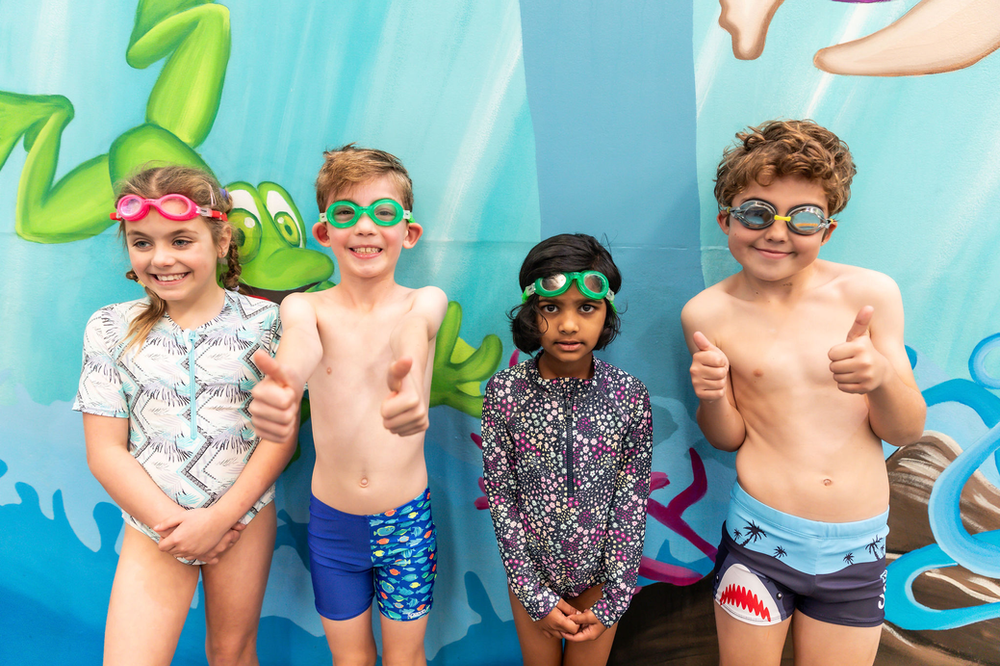
Choosing the right swim school for your child is a decision that needs careful thought. Swimming is not just a fun activity, but a life skill that can boost your child's confidence and safety in the water. Whether you are looking at options in Tempe, Marrickville, or Earlwood, it's important to find a school that meets your family’s needs and expectations. Parents often feel a little overwhelmed with so many choices, each promising top-notch programs.
I remember when I first enrolled my child in a swim school; we were excited but also had a lot of questions about what would be the best fit. You’re not just looking for a place where your child can learn swimming strokes. You want somewhere that feels safe, has experienced instructors, and offers programs that suit your child’s level. Below, we’ll explore some of the key questions to keep in mind as you consider your options.
What Are the Instructor's Qualifications?
Understanding the qualifications of the instructors should be at the top of your list. The instructors are the ones directly teaching and influencing your children, so it’s crucial to know they’re experienced. Qualified instructors often hold certifications from reputable training organizations, ensuring they know the best teaching methods and safety protocols. Check if their certifications are up-to-date and relevant to swim teaching.
Instructors with more experience often bring a wealth of knowledge and techniques that help kids progress smoothly. They can quickly identify what each child needs to improve and create a supportive learning environment. For instance, if a child is hesitant about the water, a seasoned instructor will have strategies to help them feel comfortable and engaged. The right instructor can make learning to swim an enjoyable experience, helping kids not just improve their skills but also feel safe and excited about lessons.
What Is the Class Size and Student-to-Teacher Ratio?
When you're enrolling your child, consider the class size and how many students are assigned per instructor. Smaller class sizes mean each child can receive more individual attention. This is especially helpful for young beginners who are adjusting to the water and learning basic strokes.
A smaller student-to-teacher ratio allows instructors to monitor kids closely, ensuring they’re following instructions and staying safe. While there’s no one-size-fits-all number, many recommend a ratio of around five to six students per instructor for beginner classes. This ensures each child gets personalized guidance, and it allows the instructor to tailor their teaching approach to the needs of individual students.
Class size matters because it can dramatically influence the quality of instruction. In a crowded class, kids might not get the feedback they need to improve quickly. On the other hand, smaller classes give kids ample opportunity to ask questions and practice skills under the watchful eye of their instructor. As you explore swim schools, make sure to inquire about class sizes and request a tour to observe how lessons are conducted.
What Safety Measures Are in Place?
When considering a swim school, it's important to ask about the safety protocols they have in place. Water safety is paramount when it comes to young swimmers. It's a good idea to find out how frequently the facility performs safety drills and what kind of emergency preparedness plans are in place. Make sure to ask:
- How often do you conduct emergency drills?
- Are all instructors certified in first aid and CPR?
- What are your procedures for handling accidents or emergencies?
Water quality should also be a point of discussion. Proper pool maintenance ensures a clean and safe learning environment. Find out how often they test the water and what measures are taken to maintain cleanliness. Knowing these details not only puts your mind at ease but guarantees your child is swimming in a healthy environment.
What Is the Curriculum Structure and Progression?
Understanding the curriculum offered by a swim school is vital in making sure it aligns with your child's needs. A well-structured program typically includes various levels tailored to different skills, starting from beginner basics to advanced forms and squad training. It’s important to know at which level your child will start and how they can progress through the program.
Water safety often forms the foundation of many swim curriculums. Lessons might start with submersion and breath control before moving to advanced strokes. Each stage should have clear objectives to guide students in building their ability and confidence. Feedback is key in helping children improve. Look for a school that provides regular evaluations and personalized guidance to ensure your child is advancing effectively. This tailored feedback helps in adjusting the pace and focus of lessons to better fit each student’s progression.
What Do Current and Former Students Say?
Hearing from others who have experienced the program can offer valuable insights. When visiting a swim school, don’t hesitate to ask for testimonials from current or former students and their parents. These firsthand accounts can highlight strengths you might have overlooked or reveal areas needing improvement.
An ideal way to assess a school is by observing a lesson in action. Watching a session can give you a sense of how instructors interact with students and manage the class. It also provides an insight into the atmosphere and whether it feels welcoming and supportive. These observations, combined with feedback from other parents, can be compelling factors in your decision-making.
Making Your Decision
Choosing a swim school involves considering various factors that ensure your child not only learns to swim but enjoys the experience. By asking the right questions about instructor qualifications, class size, safety measures, and curriculum structure, you make an informed choice that benefits your child's learning journey.
Ultimately, you want a school that provides a supportive environment and caters to your child’s unique learning pace. With this approach, you'll find a swim school that doesn't just teach techniques but also instills a lifelong appreciation for swimming and safety.
Ready to enrol your child in a supportive learning environment where they can thrive? With over 50 years of experience, Col Jones Swim Tempe offers various programs designed to nurture your child’s swimming skills at their own pace. Discover how our
swim school aligns with your goals for water safety and skill development. Take the next step towards providing them a fun and safe swimming experience.


